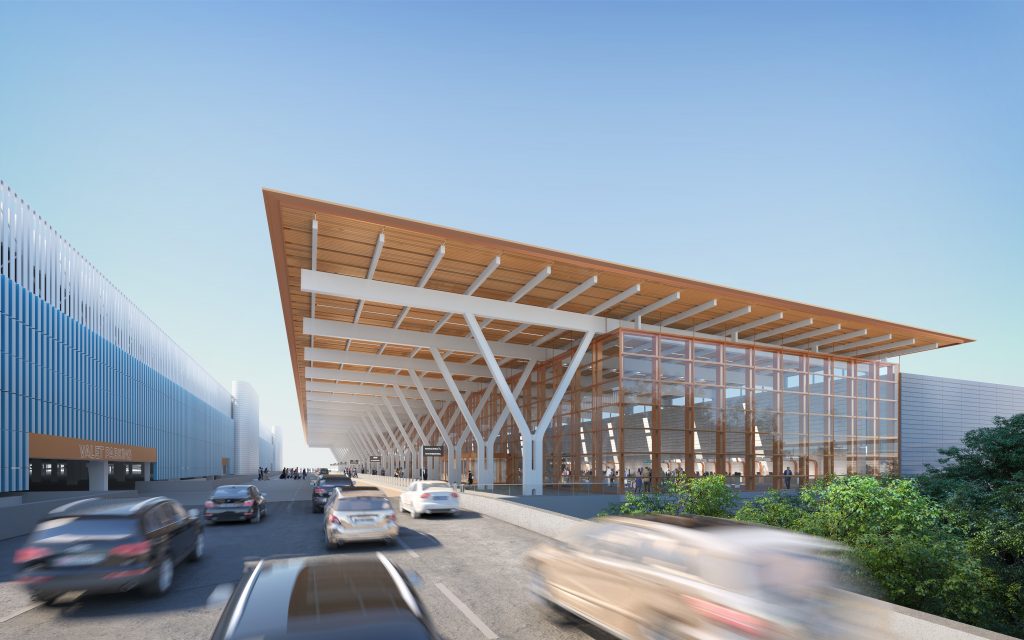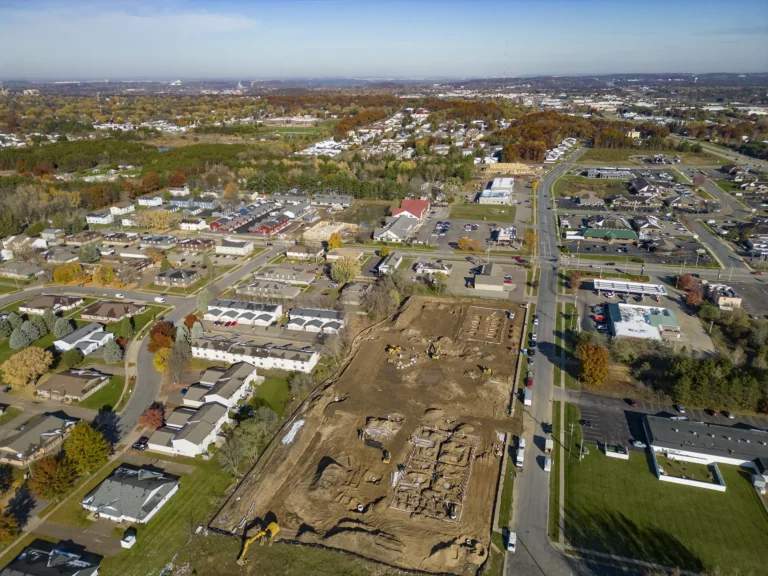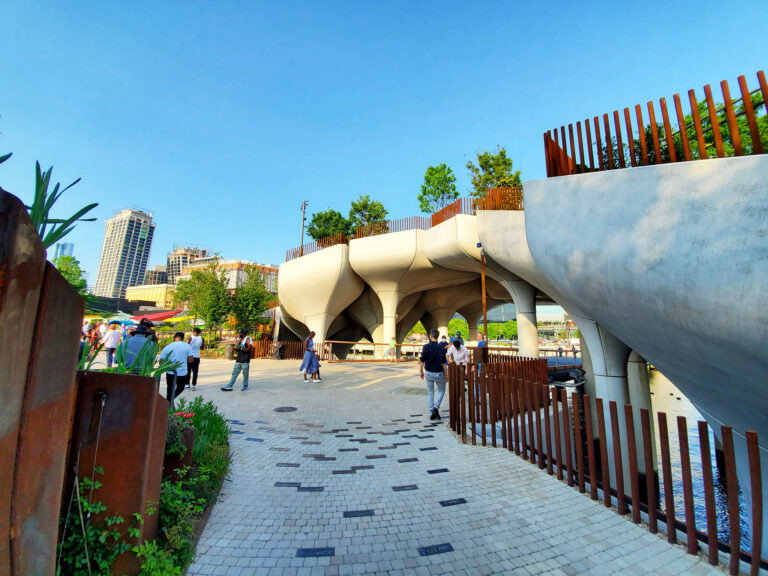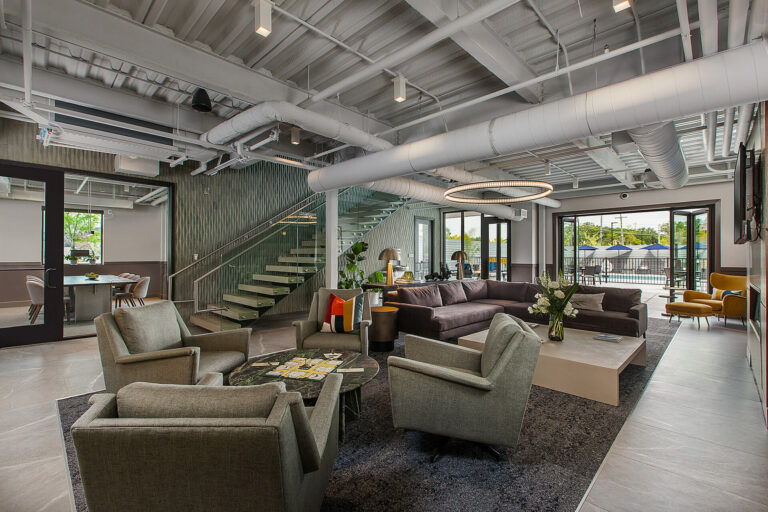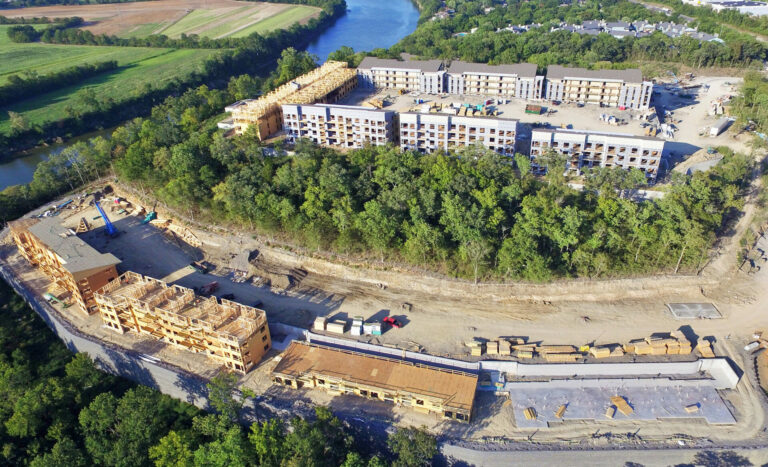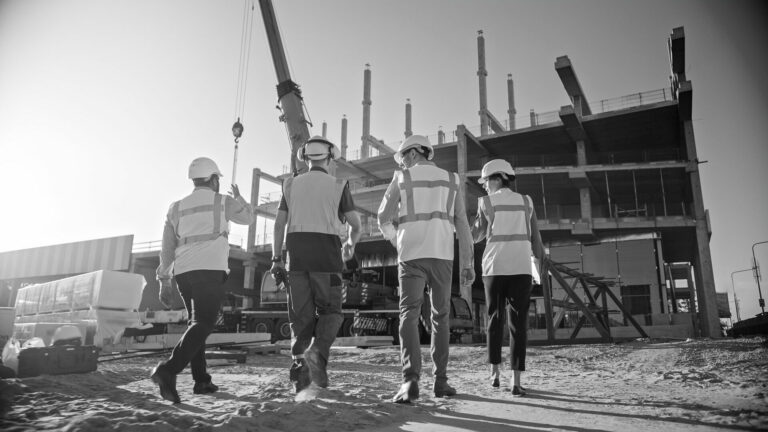When it comes to the development of a modern airport in an ever growing region, Kansas City is looking close to home for the expertise it requires. In doing so it has discovered the benefits of community foundation.
Kansas City is known in some quarters as the Heart of America. It is nestled in the geographic centre in addition to the population centre of the country and holds a rich and diverse history. This title is a source of great pride to Kansas Citiens. It represents jazz and barbeque grills in a city of architecture and soccer and identity. While the city may be home to more fountains than any city in the world, bar Rome, pride without substance could be considered irrelevant. To be truly thought of as the heart of the nation, the city needs to be more than concrete and cuisine. The steady pulse of the place, ensuring the neighborhoods chatter and streets breathe deep, is not something that can be planned for in reports and white papers. City planners are well aware how vital it is that Kansas City recognizes, celebrates and develops the community lifeblood that runs every bit as much through the city as the two thousand mile long Missouri River that snakes through the land.
With a population of 500,000 which rises to over two million when you include the greater metropolitan area, Kansas City has long been aware of the need for a continuously evolving and developed infrastructure. In February 2019 and after a number of acrimonious years, during which the project was almost abandoned, the new terminal at Kansas City International Airport was finally greenlit. The plan to demolish the old Terminal A and replace it with a more centralized and modern building had been identified and outlined for almost two decades previously and stakeholders have long felt that the need was essential to the growth and development of the wider community. The opportunity to place Kansas City on the map as a genuine contender to the title of Heart of America was too great to miss out on. Ex-Mayor Sly James was unequivocal in his view at the time that this was the right project for the people of Kansas City. ‘I’m pleased that we are continuing to move forward to get this done because at the end of the day that’s what’s important for our residents and the future of our city,’ he said.
Kansas City International Airport had long encountered struggles when trying to meet the needs of the airlines and general population. There had been well documented difficulties with amenities, transport and the expense of operating several security checkpoints within each terminal. These challenges were recognized by Kyle O’Neal, Senior Regional Leader, Airport Affairs at Southwest Airlines at the project’s groundbreaking ceremony in March 2019. ‘The new terminal will support more efficient airline operations and allow airport users to enjoy the convenience of modern air travel in a facility with updated technology and amenities, close parking, spacious gate areas, and ample food and beverage options.’ The terminal itself is an ambitious and exciting project. At a cost of $1.5B and at just over one million square feet, the Kansas City International Airport New Terminal is the largest single infrastructure project in the City’s history. The facility will open with 39 gates and the ability to expand up to 50 gates in the future. In addition to this, the project will also include a 6,300 space parking structure, which will be constructed adjacent to the terminal building, a central utility plant, and landside and airside improvements.
Amenities and building work will have the desired effect of making Kansas City International Airport a more viable destination for airlines and travellers. However, bricks and mortar will not provide the necessary foundation for a community. This is where Edgemoor Infrastructure and Real Estate comes in. Edgemoor has partnered with design-builder Clark Weitz Clarkson (CWC) to construct the terminal and the project is expected to create almost 5,000 construction related jobs throughout its term. What makes this even more beneficial to the local area is Edgemoor’s commitment to maximizing employment and contract opportunities for local minority and women-owned firms.
At the outset, ambitious participation goals of 20% minority-owned and 15% women-owned businesses for professional and construction services were set and they are well on target to meet and perhaps surpass these goals. To date, Edgemoor and CWC have added more than one hundred Kansas City-certified Minority Business Enterprises (MBEs) and Women Business Enterprises (WBEs) to their new terminal project roster since the start of procurement. The effect that decisions such as these can make on a community is impossible to understate. In large scale developments such as this, local workers and in particular those from minority groups can be overlooked in favour of cheap labor. If handled bluntly, that residual feeling can be more detrimental to the project overall. The new terminal project, according to Kansas City Mayor Quinton Lucas, is having the opposite effect. ‘ I am extra proud to see us recognizing, building, and supporting Kansas City’s many women- and minority-owned businesses that have been essential in bringing us a new airport terminal and providing hundreds of high-paying jobs in labor to Kansas City. The people of Kansas City and the flying public of Missouri and Kansas should be proud that the contractors highlighted today have helped construction of our state-of-the-art new terminal remain on time, on budget, and one of its kind.’
‘The new KCI is a once-in-a-generation opportunity to benefit working families and our broader community in a number of ways,’ said Alise Martiny with the Greater Kansas City Building & Construction Trades Council. ‘Kansas City has one of the strongest and best qualified labor communities in the country. This will be an outstanding project with all the skilled trades and crafts from throughout our region, working together.’ Since work started on the project, this commitment to the local population was explored and developed even further. The Workforce Training Program was designed to facilitate the training, acquisition and development of workers with a view to retaining the upskilled staff towards a lifelong career in construction. The program focussed on many vital aspects of a career in construction; construction math skills, jobsite safety, first aid training, inclusion and diversity training, financial literacy, teamwork, communication and the importance of maintaining a positive attitude.
The program was a success from the outset, receiving over 600 applicants. Geoffrey Stricker, Edgemoor’s Senior Managing Director, felt very strongly that these were exciting opportunities for both the company and the local workforce. ‘We’re extremely proud to see it come to fruition. This first-of-its-kind program is possible because of the hard work and thoughtful planning of the Community Workforce Agreement Advisory Committee and our trade partners. We are elated to see the community’s overwhelming interest in the program and look forward to training the first cohort, and most importantly, putting more Kansas Citians to work on the project.
Perhaps the Heart of America is a title too complex and far reaching for one city to achieve. As an aspiration though, Kansas City is attempting to create a small piece of it. By building a state of the art terminal with a local workforce made up of minority and female led businesses, Kansas City International Airport is fast becoming a viable and accommodating destination. The social impact of choices Edgemoor and CWC are currently making will reach far into the future for local residents and generations to come. Fahteema Parrish, owner of Parrish & Sons Construction acknowledges and celebrates this new reality for the people of Kansas City. ‘I absolutely believe that the KCI New Terminal Project is a transformative project for us. We are on our way to creating a legacy business for our four sons. I truly value being able to provide employment opportunities in the communities that I serve and grew up in. We are 100 strong and growing.’










